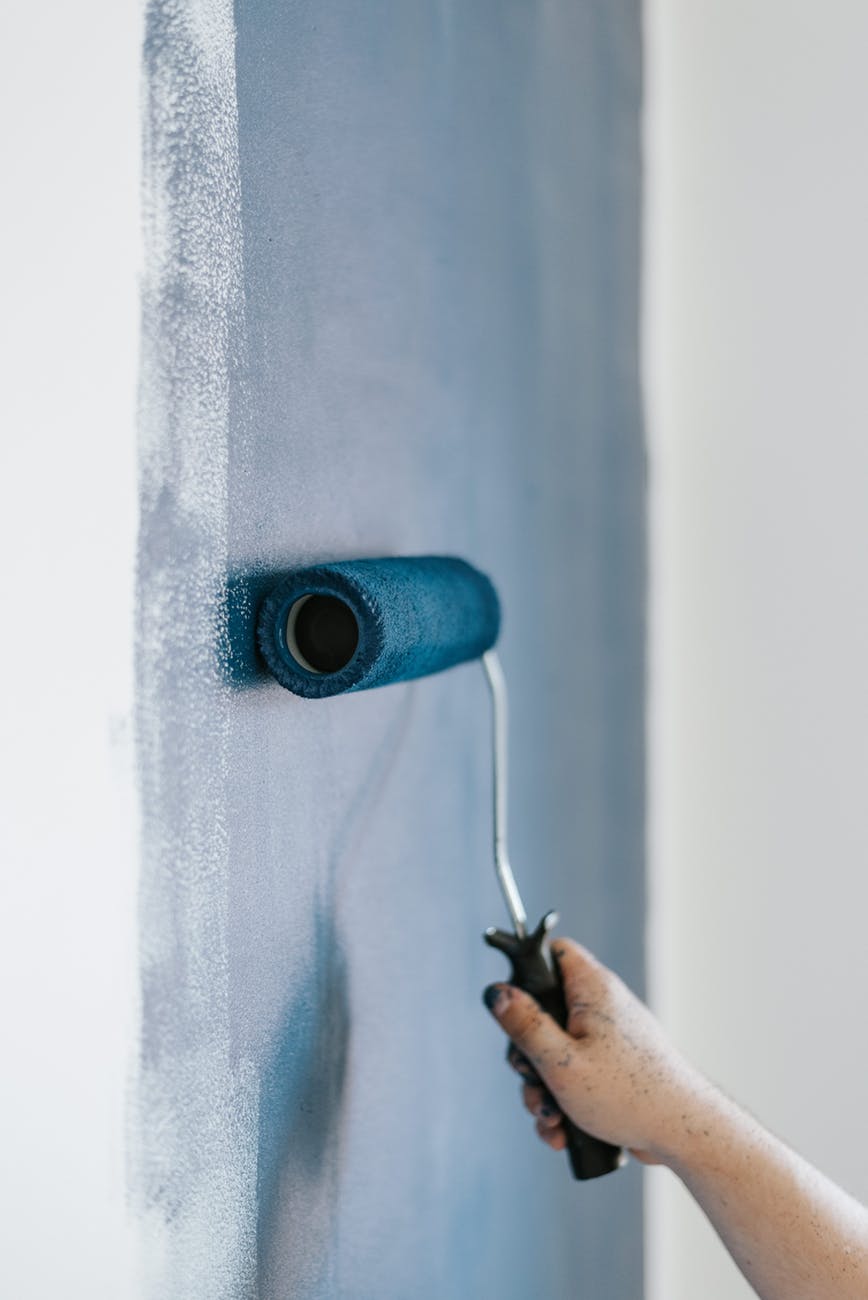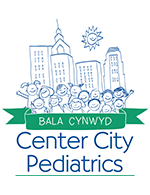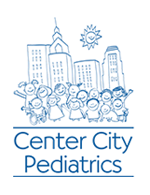
Living in an older city that is under seemingly constant construction, many of our families are concerned about the potential of lead in Philadelphia homes and their children’s health and well-being. Here, our pediatricians offer some information about lead and how to reduce the possibility of exposure, plus share some additional resources for your family.
With Michigan’s Flint lead crisis flashing across news media outlets across the country in the recent past, awareness of the potential for childhood lead poisoning has increased. As your medical home, we are here to help answer questions and alleviate any fears you may have. The following are answers to frequently asked questions we have received. If you have additional questions please contact a staff registered nurse. At the end of the FAQ segment, online resources will be provided.
What is lead?
Lead is a heavy metal naturally occurring in the earth’s crust. Lead can be found in multiple locations including the air, soil, water, and even in homes.
Is lead in Philadelphia common?
Yes, unfortunately, due to the prevalence of old homes with lead-based paint built prior to 1978, the history of lead smelters in the area, and older water systems that may include lead in the plumbing, lead exposure is a problem in the Philadelphia region.
What health risks are associated with lead poisoning?
Significant exposure to lead may cause developmental issues, behavior problems, kidney problems, growth problems, and hearing and speech problems. The impact of lead exposure is most concerning for infants, young children, and pregnant women.
A simple blood test can determine whether or not your child is being exposed to lead. This test can be completed in our office with just a finger prick (“capillary blood test”). A venous lead level may also be obtained at a commercial medical laboratory. Center City Pediatrics (CCP) abides by the current American Academy of Pediatrics recommendations to routinely screen all children at the one and two-year well child visits.
How much lead is safe?
This is a common question, and difficult to answer. No safe blood lead level in children has been identified. Even low levels of lead in blood have been shown to affect IQ, ability to pay attention, and academic achievement. While in the past, 10 micrograms per deciliter of blood (ug/dL) was used as the level for reporting, the Centers for Disease Control and Prevention (CDC) now uses 5 ug/dL as the threshold for concern, allowing parents, doctors, and public health officials to take action earlier to reduce further lead exposure in children.
How can I reduce my child’s lead exposure?
There are many things you can do to reduce the lead exposure in your home.
- Home lead testing kits may be unreliable. If you live in a home built before 1978, talk to your state health department about having your home tested for lead by calling 1-800-440-LEAD for a list of contacts in the area, or visit the Philadelphia Public Health Department Lead & Healthy Homes website for certified lead inspectors. If you rent, ask the landlord about information on previous lead testing before you sign the lease. Visit the Philadelphia Lead & Healthy Homes website to review Landlord responsibilities and Tenant rights
- Before you do any home renovation or remove lead paint, learn about safe ways to make repairs, or hire a certified lead abatement contractor. If work is not done safely, your child may be exposed to even more lead through dust. See the EPA’s “Renovation, Repair, and Painting ” for more information, or visit the Philadelphia Public Health Department Lead & Healthy Homes website for certified lead abatement contractors.
- Remove shoes before entering the home to avoid bringing in lead-contaminated dust or soil.
- Keep play areas clean, and damp mop floors at least weekly.
- Monitor for chipping paint, especially around baseboards and windowsills.
- Teach your child to wash hands well when coming in from outside play, and especially before eating. Wash pacifiers and toys regularly.
- Lead dissolves into hot water more readily than cold water. Lead also increases when water has been sitting in plumbing for prolonged periods of time, such as overnight. After periods of 6 hours or more without use, flush the tap with cold water for 15-30 seconds before using for cooking or drinking. Only use cold tap water to cook, drink, or to prepare beverages or formula with.
- Avoid exposure to dollar store toys or costume jewelry. Immediately remove recalled toys and toy jewelry from children, and stay up-to-date on current recalls by visiting the Consumer Product Safety Commission’s website. Check cosmetics and pottery to make sure they are labeled lead-free. Avoid antique furniture, which may contain lead-based material or paint. Lead has been found in certain imported folk medicines (e.g. Ayurvedic, Chinese, and traditional Mexican medicines); avoid their use.
- Eat a diet rich in iron, calcium, and vitamin C, which can help to reduce the body’s absorption of ingested lead.
- Iron-rich foods include seafood, red meat, poultry, fish, legumes, lentils, spinach, peas, and iron-enriched cereals (including Cream of Wheat ™, Cheerios ™, Kix ™, and some brands of plain instant oatmeal).
- Calcium-rich foods include dairy products such as milk, yogurt, and cheese, soy-based foods such as soy milk and tofu, and certain vegetables, including broccoli, spinach, kale, and collard greens.
- Vitamin C-rich foods include citrus fruits, melons, berries, bell peppers, tomatoes, and leafy green vegetables.
Web-based Resources for Additional Reading
- American Academy of Pediatrics: Lead Exposure & Lead Poisoning
- Philadelphia Department of Public Health “Lead & Healthy Homes Project” (Good resource for identifying local certified lead inspectors and lead abatement contractors in our area. View the “Resources” section on the Parents & Caregivers page for more information)
- Protect Your Family from Lead in Your Home: an information booklet jointly published by the EPA, CPSC, and HUD
- United States Environmental Protection Agency: Protect Your Family from Exposure to Lead
- Centers for Disease Control and Prevention’s National Center for Environmental Health: Lead
Note: The information contained in this article has been provided as general health information and does not constitute specific medical advice for your child.
 33 Rock Hill Rd
33 Rock Hill Rd 1740 South Street
1740 South Street 2365 East York Street
2365 East York Street